- Home
- About Us
- TSPT Academy
- Online Courses
-
Resources
- Newsletter
- Business Minded Sports Physio Podcast
- Day in the Life of a Sports PT
- Residency Corner
-
Special Tests
>
-
Cervical Spine
>
- Alar Ligament Test
- Bakody's Sign
- Cervical Distraction Test
- Cervical Rotation Lateral Flexion Test
- Craniocervical Flexion Test (CCFT)
- Deep Neck Flexor Endurance Test
- Posterior-Anterior Segmental Mobility
- Segmental Mobility
- Sharp-Purser Test
- Spurling's Maneuver
- Transverse Ligament Test
- ULNT - Median
- ULNT - Radial
- ULNT - Ulnar
- Vertebral Artery Test
- Thoracic Spine >
-
Lumbar Spine/Sacroiliac Joint
>
- Active Sit-Up Test
- Alternate Gillet Test
- Crossed Straight Leg Raise Test
- Extensor Endurance Test
- FABER Test
- Fortin's Sign
- Gaenslen Test
- Gillet Test
- Gower's Sign
- Lumbar Quadrant Test
- POSH Test
- Posteroanterior Mobility
- Prone Knee Bend Test
- Prone Instability Test
- Resisted Abduction Test
- Sacral Clearing Test
- Seated Forward Flexion Test
- SIJ Compression/Distraction Test
- Slump Test
- Sphinx Test
- Spine Rotators & Multifidus Test
- Squish Test
- Standing Forward Flexion Test
- Straight Leg Raise Test
- Supine to Long Sit Test
-
Shoulder
>
- Active Compression Test
- Anterior Apprehension
- Biceps Load Test II
- Drop Arm Sign
- External Rotation Lag Sign
- Hawkins-Kennedy Impingement Sign
- Horizontal Adduction Test
- Internal Rotation Lag Sign
- Jobe Test
- Ludington's Test
- Neer Test
- Painful Arc Sign
- Pronated Load Test
- Resisted Supination External Rotation Test
- Speed's Test
- Posterior Apprehension
- Sulcus Sign
- Thoracic Outlet Tests >
- Yergason's Test
- Elbow >
- Wrist/Hand >
- Hip >
- Knee >
- Foot/Ankle >
-
Cervical Spine
>
- I want Financial Freedom
- I want Professional Growth
- I want Clinical Mastery
|
July is here! This means that we are nearing the next National Physical Therapy Examination (NPTE) that is offered quarterly (July 24-25). After going to graduate school for three years to become Doctors of Physical Therapy, your ability to practice is determined by the NPTE. While the purpose of physical therapy school is to prepare clinicians to safely and effectively rehabilitate patients, the direction of school is developed to prepare students to pass the NPTE. Even with three years of schooling, the examination can be intimidating due to its length and significance. In this article, I will review various study methods and recommendations for the examination. ResourcesThere are many different resources available to make studying for the examination a little less frightening. For starters, the primary prep books include Scorebuilders and TherapyEd. Each of these texts are updated annually to stay in line with the NPTE. They come with overall content summaries (Scorebuilders with various charts is easier on the eyes and TherapyEd is more outline based) and sample tests at the end of the book. The content summaries, while useful, are not typically sufficient by themselves. It is recommended that you take each topic in the book with which you are unfamiliar and expand upon it with either textbooks or notes from school. The most useful component of the books is the sample examinations and answers. These examinations and answer explanations provide reasoning as to why certain answers are viewed as correct and others are "not as correct" (it is essential to remember that the exam often looks for the best answer available, not necessarily the true best answer). The exams will also give you an idea of how prepared you are overall for the NPTE and which specific areas you are deficient (there is an item analysis and breakdown after you complete each sample test). Both Scorebuilders and TherapyEd exam questions tend to be harder than the NPTE (the PEAT questions are most similar to the NPTE), but TherapyEd has the hardest questions. Because of this, I personally preferred TherapyEd as I like to be over-prepared for exams (I like to approach a difficult test and feel that it ends up being easy by comparison). There are several supplemental resources available as well. Both Scorebuilders and TherapyEd offer flashcards as a studying tool. If you are a flashcard user typically with studying, these may be useful. These companies also offer study prep courses that can be attended in-person. I attended the TherapyEd course, which while useful for understanding overall components of the exam, did not help in understanding actual content (that studying is left up to the individual). Finally, there are other companies that offer online prep courses and mentoring, such as PT Final Exam. Often these courses provide a timeline for studying the content, regular sample exams and feedback on areas to improve and methods for studying. Whatever resources may be best for you likely depend on your studying habits. Content FocusAs a general rule, it is recommended that the primary studying focus on the "Big 3." Somewhere around 60-70% of the NPTE questions will be based off the Musculoskeletal, Neuromuscular, and Cardiopulmonary subjects. They may include interventions, foundational information, examination or any other subtopics, but those three subjects comprise the majority of the test. With that said, studying should focus on these areas and add in the other subjects (i.e. modalities, ethics, etc.) as you feel more confident with the major topics. Should you feel confident in any specific area, you can spend less time studying that subject. I felt much more knowledgeable with the Musculoskeletal content, so I focused on the other two. The item analysis from the practice exams is perfect for finding those areas of weakness and strength, so it may be beneficial to take a baseline practice test and then at various intervals so you can continue adjusting your studying focus as you move closer to the NPTE. If you are short on studying time, focus primarily on the "Big 3" and touch up with the remaining areas of weakness. Study TacticsGenerally, I recommend using the study tactics that you found successful when going through school. If you did well studying in groups, study in groups. If you did well with using flashcards, use flashcards. If you took longer to study for an exam, start earlier. I recommend starting with a practice exam to establish your baseline strengths and weakness. From that point, make sure you make the "Big 3" strengths and then move onto the other areas. Use the test prep book as your foundation for studying. I recommend working your way through each section and expanding upon a specific diagnosis, intervention, etc. using your class notes or text books. When you go through the practice exams, not only do you want to see why certain answers are wrong and certain answers are correct, but keep a mental log of the type of questions that are asked. This may redirect how you have been assessing and studying each topic. Finally, I recommend setting a schedule to study the content with more time allotted for the larger areas and some time left over leading up to the exam for final review and "touch up." This will keep you on task and ensure you cover the necessary material. While preparing for the NPTE, it is essential to take time to exercise, reflect/meditate, and relax. Whatever you use for stress relief will only facilitate your studying. The evening before the exam, I recommend taking it easy (don't cram!) and do something enjoyable: go out to eat with some friends, watch a movie, distract yourself from the exam and allow mind to rest as it prepares for the big day. If you have any other specific questions about how to prepare for the NPTE, feel free to reach out to us as we would be more than happy to help you make that transition to a licensed physical therapist! -Dr. Chris Fox, PT, DPT, OCS Interested in Learning More?Check out our Cervical and Lumbar Courses (on a 50% SALE until 7/5/18)
1 Comment
7/14/2023 01:23:11 pm
The finalized auto fuel efficiency standards for 2017-2025 aim for an impressive average of 54.5 mpg. These standards promise to significantly decrease U.S. oil consumption by 12 billion barrels and save consumers a staggering $1.7 trillion while reducing oil usage by 2 million barrels per day by 2025.
Reply
Leave a Reply. |
Dr. Brian Schwabe's NEW Book in partner with PaleoHacks!
Learn residency-level content on our
Insider Access pages We value quality PT education & CEU's. Click the MedBridge logo below for TSPT savings!Archives
July 2019
Categories
All
|

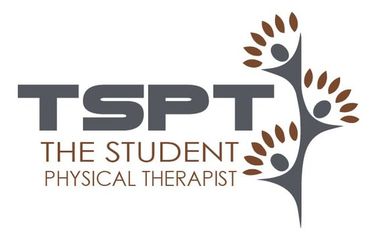

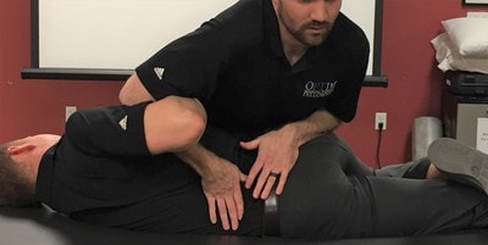
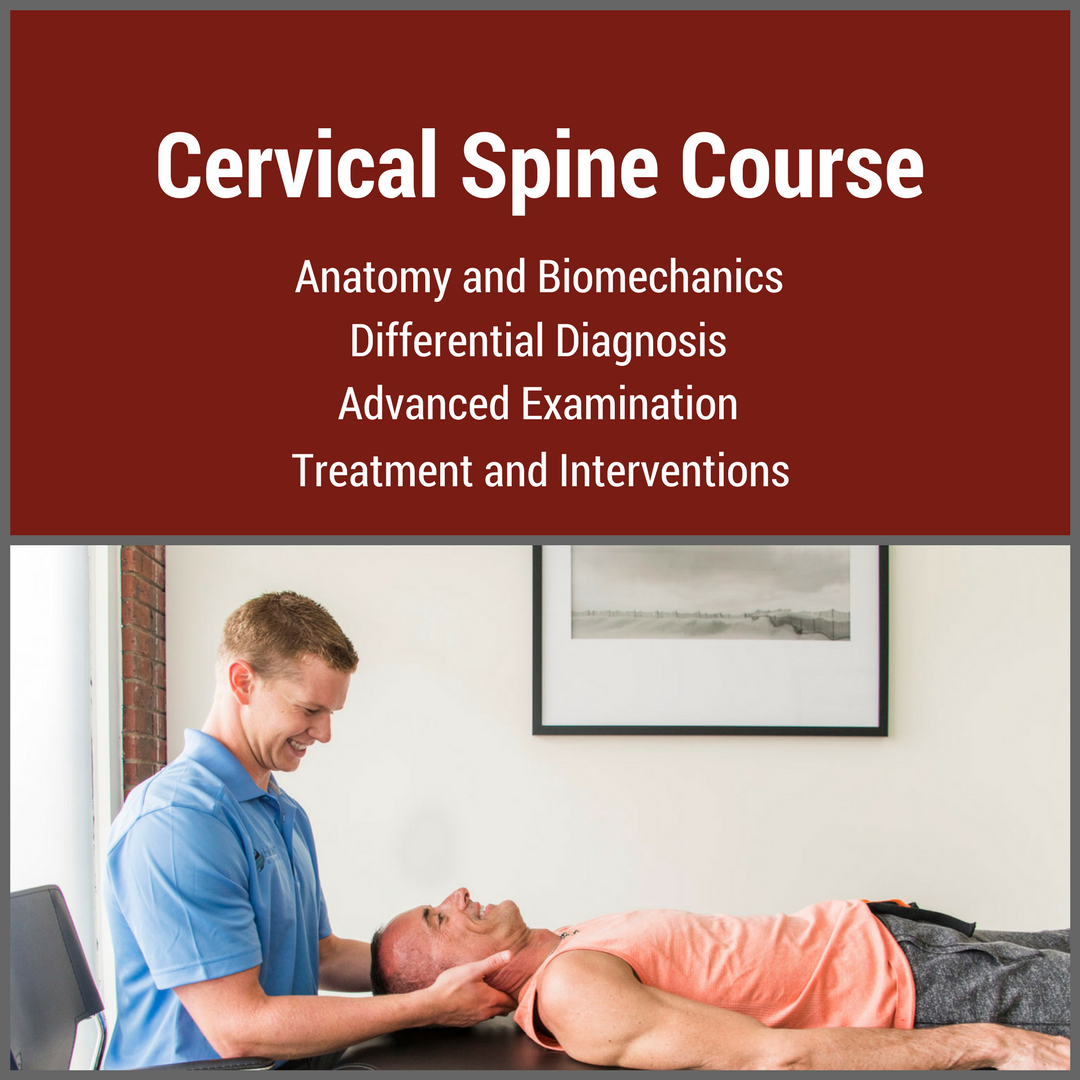
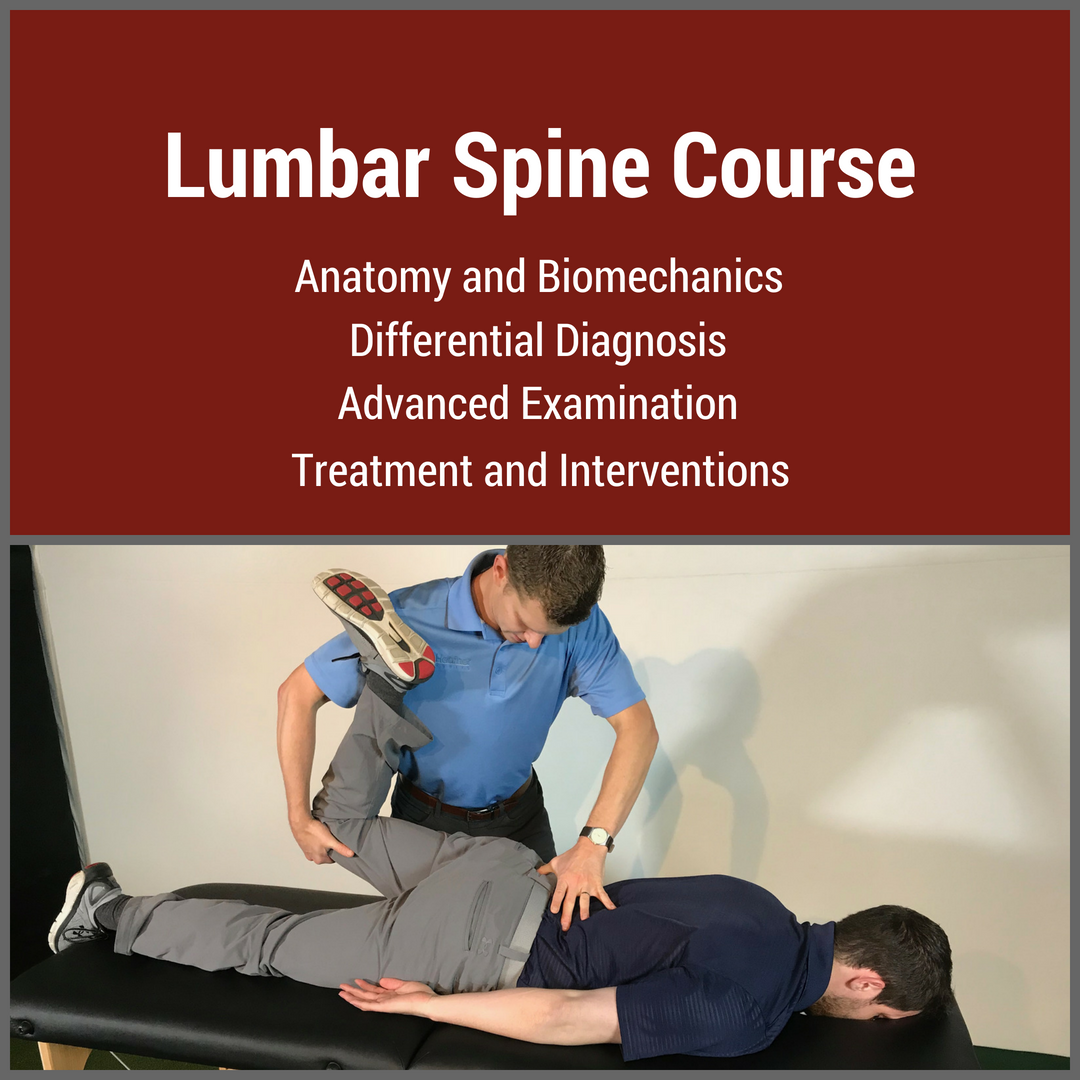
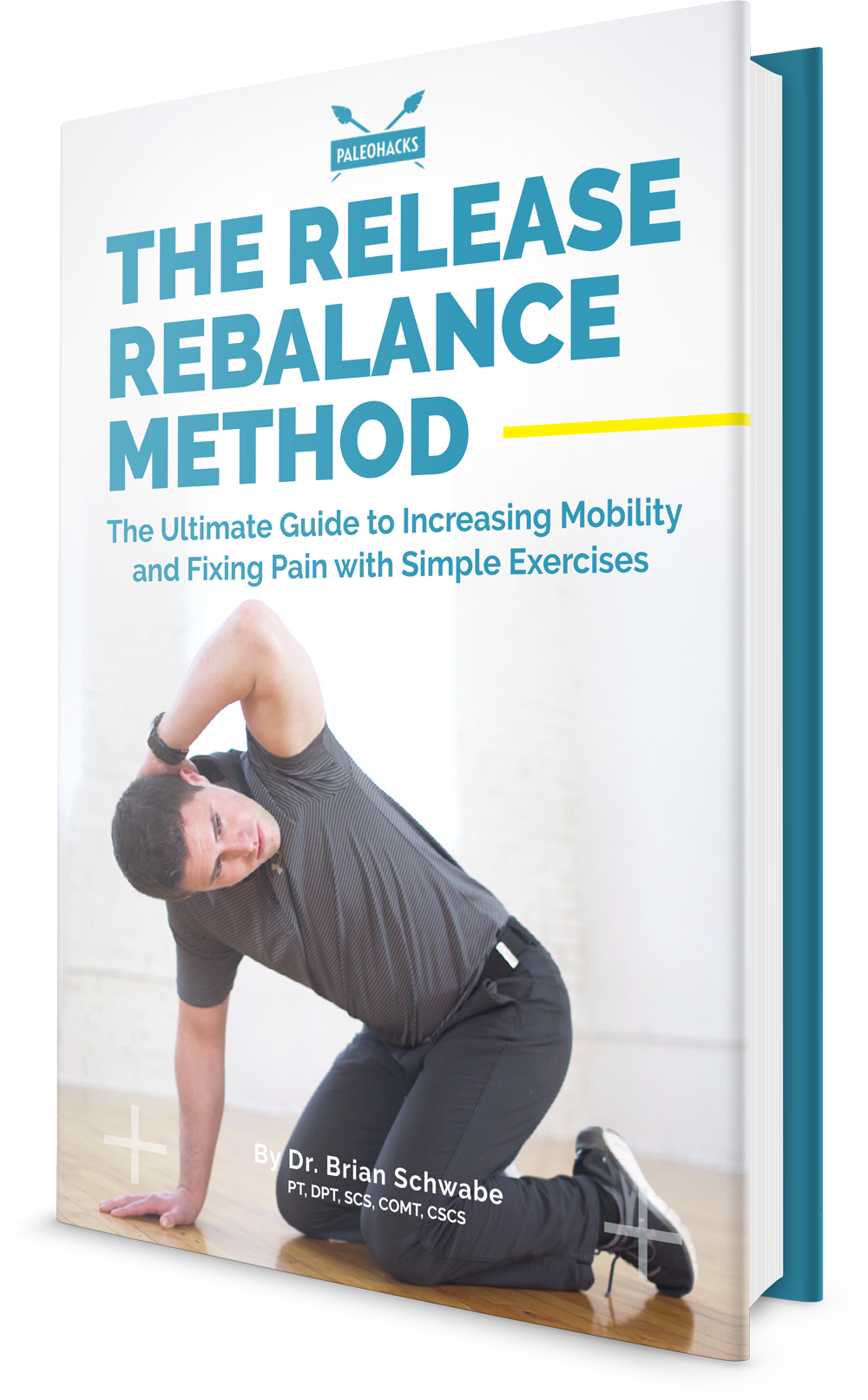

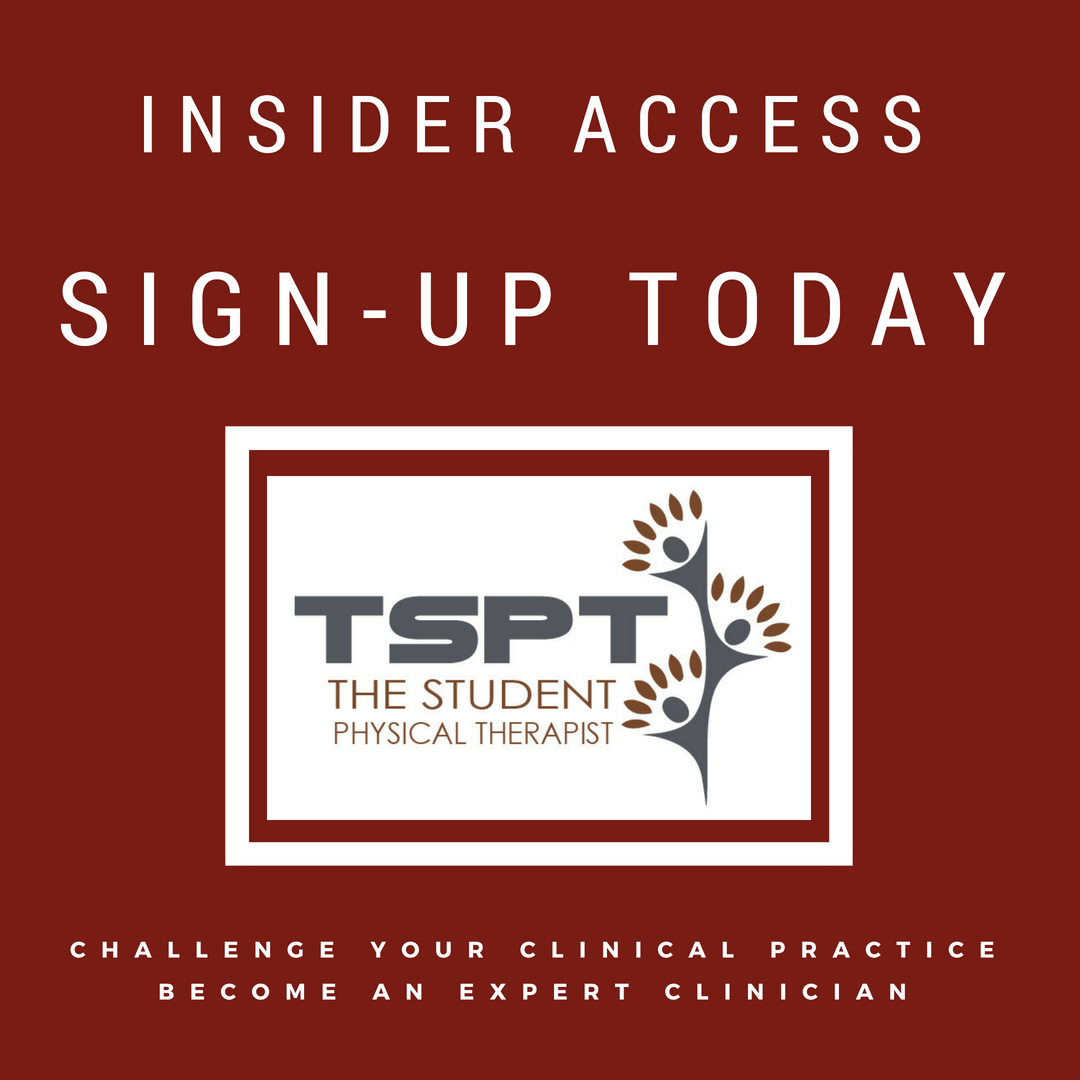

 RSS Feed
RSS Feed